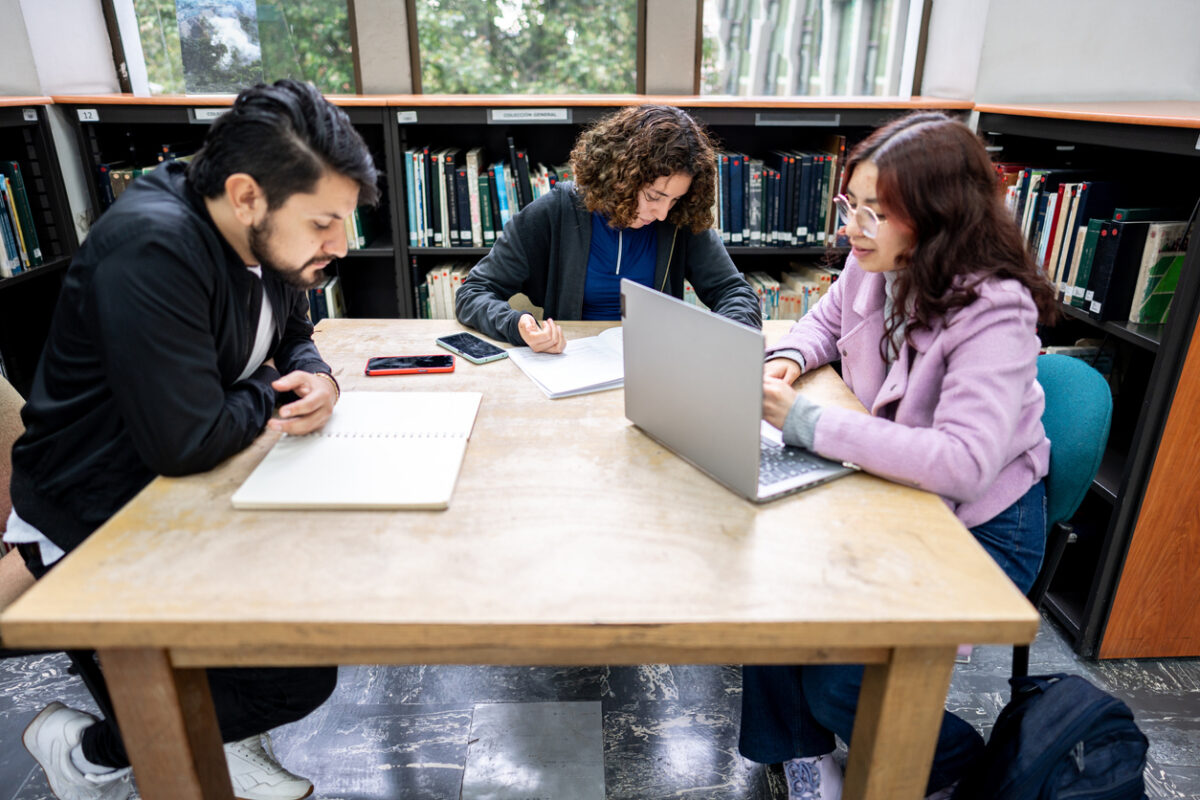IHEP Releases Statement on Second Chance Pell Pilot
Published Aug 04, 2015
WASHINGTON, D.C., August, 3, 2015 – The Institute for Higher Education Policy (IHEP) applauds the Obama Administration's decision to initiate the Second Chance Pell Pilot that will study the effect of in-prison postsecondary education on incarcerated Americans post-release. This policy reflects a shift in favor of postsecondary correctional education programs that have proven positive effects. Additionally, this policy change allows incarcerated Americans temporary access to federal need-based financial aid – the Pell Grant – which has not been allowed for 20 years.
The United States has the highest prison population rate in the world, with one out of every 31 U.S. adults-and one out of every 11 black adults-under some form of correctional control. The incarcerated population consists of people in critical need of education to improve their post-release opportunities for employment and participation in civil society. IHEP research has shown that one approach to meeting the educational needs of incarcerated persons and reduce levels of recidivism is to support postsecondary correctional education.
IHEP has always advocated for increased postsecondary opportunities for incarcerated and recently released populations. In our reports, Unlocking Potential: Results of a National Survey of Postsecondary Education in State Prisons and Learning to Reduce Recidivism: A 50-State Analysis of Postsecondary Correctional Education Policy, we recommended that specific categories of incarcerated persons be eligible for federal and state need-based financial aid. Therefore, we are pleased to see that the U.S. Department of Education and Department of Justice have joined together to support this initiative. At IHEP, we are committed to continuing research on promising interventions that advance policies to benefit this underserved, and largely understudied, student population.


